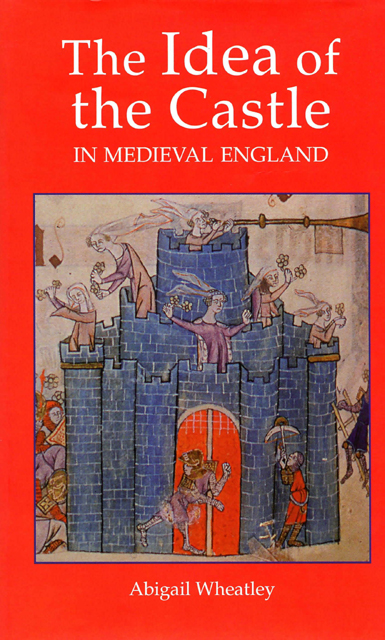One - The Idea of the Castle
Published online by Cambridge University Press: 21 March 2023
Summary
Þa undernam Godwine eorl swyðe þæt on his eorldome sceolde swilc geweorðan, ongan þa gadrian folc ofer eall his eorldom, 7 Swein eorl his sunu ofer his, 7 Harold his oðer sunu ofer his eorldom, 7 hi gegaderedan ealle on Gleawcesterscire æt Langatreo mycel fyrd 7 unarimedlic, ealle gearwe to wige ongean þone cyng, buton man ageafe Eustatsius 7 his men heom to hand sceofe, 7 eac þa Frencyscan þe on þam castelle wæron.
(Then Earl Godwine was very indignant that such things should happen in his earldom, then began to gather people all over his earldom, and Earl Swein, his son, over his, and Harold, his second son, over his earldom; and they all gathered in Gloucestershire at Longtree, a great and countless army all ready for war against the king unless Eustace and his men were given into their hands – and also the French who were in the castle.)
A close correlation exists in British castle studies between theories about the origins of the castle in England and the question of the proper meaning of the term castle. No thorough linguistic study has yet been made of the meaning and development of the word, despite its great significance for the understanding of the medieval castle. This chapter cannot provide an exhaustive survey, but it sets out a summary of the word’s origins and development in English usage in order to clarify this point.
The passage quoted above, from the entry for 1052 in British Library MS Cotton Tiberius B.iv, the Worcester manuscript of the Anglo-Saxon chronicle, has been central to this debate, as it is identified as one of the first occurrences of the word castle in English. However, none of the discussions of this text by castle scholars has looked to recognized linguistic methodologies, or set out to investigate work by historical linguists on the early meaning of the word castle. This has led to several inconsistencies and circularities in a debate that is crucial to the modern and medieval idea of the castle.
- Type
- Chapter
- Information
- The Idea of the Castle in Medieval England , pp. 19 - 43Publisher: Boydell & BrewerPrint publication year: 2004



